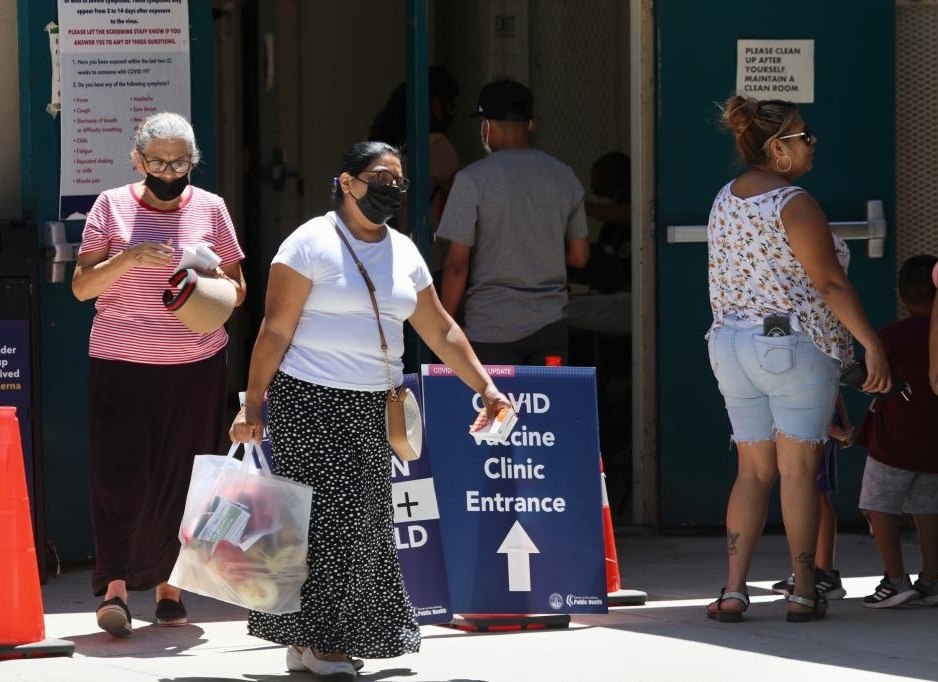WHO’s statistics has shown that the number of weekly deaths reported to it has declined slightly over the past five weeks, but more than 8,500 people lost their lives last week…reports Asian Lite News
The World Health Organization (WHO) said that although the world is “much closer” to end the emergency phase of the Covid-19 pandemic, it warned that Omicron was still circulating rampantly and continues to cause significant mortality.
“We are much closer to being able to say that the emergency phase of the pandemic is over — but we’re not there yet,” said WHO Director-General Tedros Adhanom Ghebreyesus at a press briefing here.
The reason behind is that “Omicron has proved to be significantly more transmissible than its predecessor, Delta, and continues to cause significant mortality due to the intensity of transmission”.
Meanwhile, “gaps in surveillance, testing, sequencing and vaccination are continuing to create the perfect conditions for a new variant of concern to emerge that could cause significant mortality”, Tedros added.

WHO’s statistics has shown that the number of weekly deaths reported to it has declined slightly over the past five weeks, but more than 8,500 people lost their lives last week.
It’s “not acceptable three years into the pandemic, when we have so many tools to prevent infections and save lives”, he said.
The WHO chief, however, admitted that Omicron, of which over 500 sublineages are circulating, tends to cause less severe disease than previous variants of concern.
WHO estimates that at least 90 per cent of the world’s population now has some level of immunity to SARS-CoV-2, due to prior infection or vaccination.
According to Maria Van Kerkhove, technical lead of the WHO’s Health Emergencies Program, at least 2.5 million cases worldwide were reported to WHO in the last week alone, but that number was a gross under-estimate of the circulation of the virus around the world.
Some estimates from wastewater data has suggested that the number of new cases could be as much as five times higher in some countries, meaning the virus is still circulating rampantly around the globe.
“So people over the age of 60, people with underlying conditions, immunocompromised and our frontline workers… We have not yet reached that target of a hundred percent of (vaccinating) at-risk people around the world in every country. And this is what we want governments to focus on,” said Van Kerkhove.













